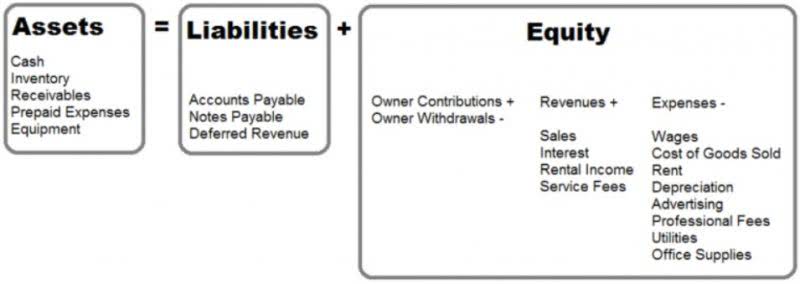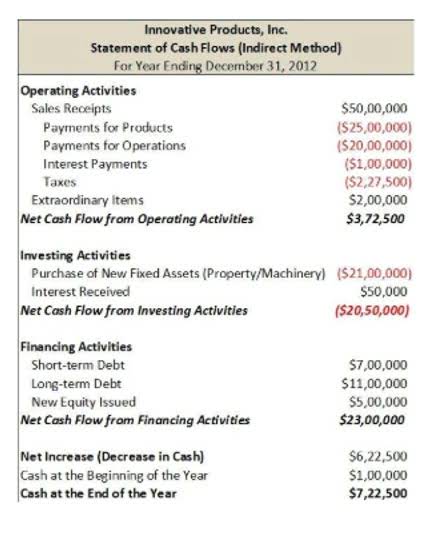While a full charge bookkeeper and an accountant work closely with financial data, they serve divergent roles in an organization. These distinctions become apparent when we delve into their responsibilities, education, and contribution to strategic decision-making. Small business owners are typically experts in their field or industry but might need more financial expertise to keep their company’s books in order. They don’t just crunch numbers; they make those numbers understandable and usable for the business owner. This article will explore the world of full charge bookkeeping, exploring its key components, benefits, and how it differs from other bookkeeping methods.
- They lay the groundwork for accountants by providing the necessary financial data to create the balance sheets and income statements.
- CPAs hold higher accounting expertise and are authorized to perform specialized tasks like audits, tax planning, and consulting.
- Accounting processes may call for an accountant to correlate and indemnify the books or records presented by a bookkeeper.
- Additionally, any business that requires external financing or that is preparing for an audit would benefit from an accountant’s expertise.
- If you prefer to make inferences and provide solutions, then you should consider a role as an accountant.
- Comprehensive online courses like the Bookkeeper Launch will even teach you how to start your own bookkeeping business.
How Print-on-Demand Companies Can Enhance Retail Sales
Both bookkeepers and accountants are eligible to become professionally certified. Accountants rely on the accuracy of the financial information provided what is a full charge bookkeeper by the bookkeeper or business owner to do their job well. Their financial analyses and strategies are only as good as the data they’re provided with.

How to Start a Bookkeeping Business in…
They are more suitable for larger organizations or businesses with complex financial needs. All small-business owners should consider hiring a professional accountant to handle their tax returns, at the least. When it comes to bookkeeping, some business owners choose to manage those tasks themselves.

Handling Comprehensive Bookkeeping and Accounting Needs
This process requires meticulous attention to detail, as even minor mistakes may lead to significant discrepancies in financial reporting. On the other hand, an accountant reviews the bookkeeper’s financial records and statements to facilitate analytical interpretations. The accountant has a four-year degree in accounting, which enables him or her to analyze and interpret the bookkeeping data; reflecting a company’s financial health. Without focusing all that much on the overall financial analytics, a bookkeeper maintains as accurate a record as possible.

Bookkeeping Software
But because full charge bookkeepers go beyond the typical responsibilities bookkeepers have, you may be confused about the difference between them and accountants. We’ve already mentioned some of the skills that full charge bookkeepers should possess, but we’d like to focus more on their educational background. Even though we’ve gone through the main full charge bookkeeping responsibilities, let’s delve deeper into how an FC bookkeeper’s career differs from that of an accountant. Even with technology making its way into the field on a broad scale, humans are still needed for the high-skilled tasks and interpretation of information.
- A bookkeeper may assist in creating budgets for you, whereas an accountant will advise the best way to manage taxes and help advise what kind of corporation you should set up.
- The best business manager is one who discerns the accounting needs of the company to decide whether or when to hire a bookkeeper vs. an accountant.
- The distinctions between accounting and bookkeeping are subtle yet essential.
- Some may even opt for a master’s degree in business administration (MBA) with a concentration in accounting.
- Other than the level of expertise, there are rules and regulations that determine what a bookkeeper or an accountant can do.
- A certificate in accounting can be highly beneficial in navigating this career transition.
For success in this role, you should also have strong communication, organization, and attention to detail skills. Opinions expressed on the pages of this website belong to the author and do not represent the views of companies whose products and services https://www.bookstime.com/ are being reviewed. To get one, you’ll have to have at least two years of professional experience in the field and pass the exam. A bookkeeper is also limited by licensing which a Certified Public Accountant has for the issuing of audited statements.
- Increase your desired income on your desired schedule by using Taxfyle’s platform to pick up tax filing, consultation, and bookkeeping jobs.
- However, larger businesses with more complex transactions, or businesses planning for growth, will likely need the skill set of an accountant.
- Taxes are incredibly complex, so we may not have been able to answer your question in the article.
- CPAs are accountants who have completed a higher level of education and have passed the CPA exam.
- Accountants and bookkeepers can work together to ensure the financial health of a business.

